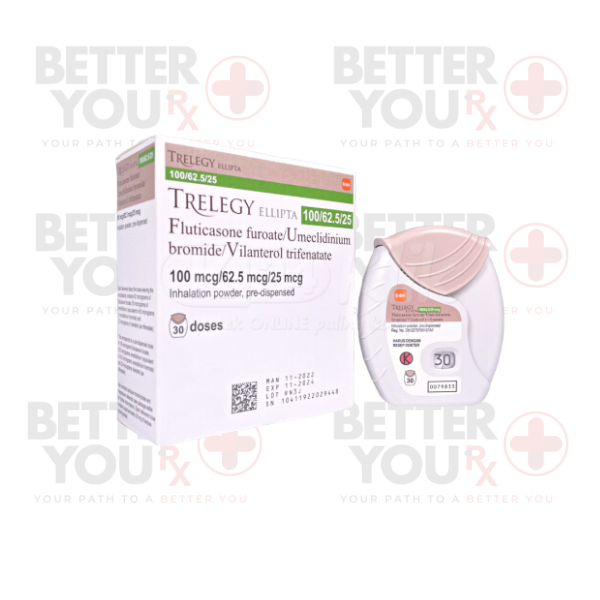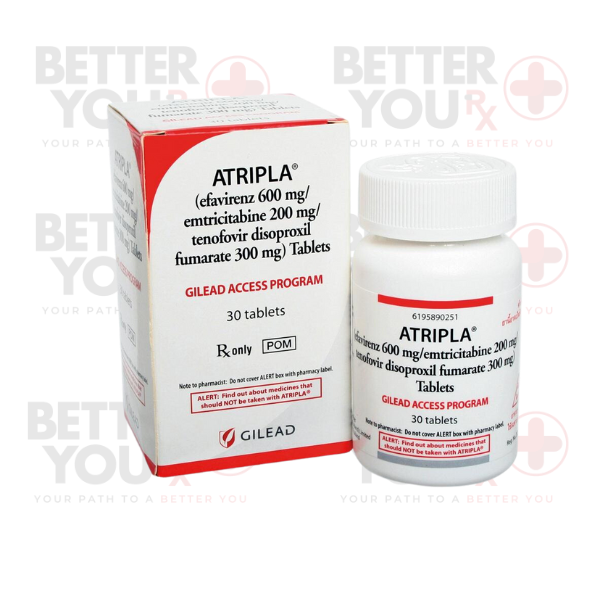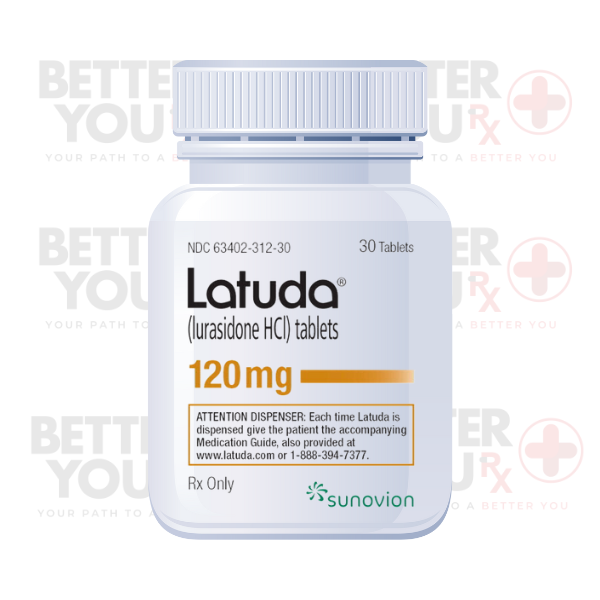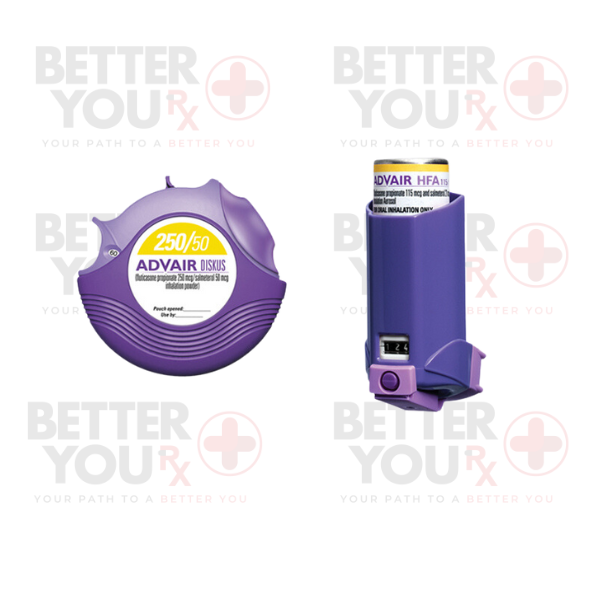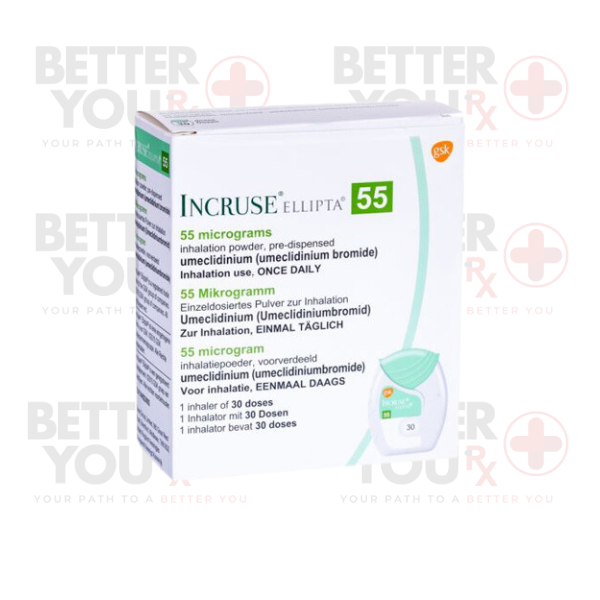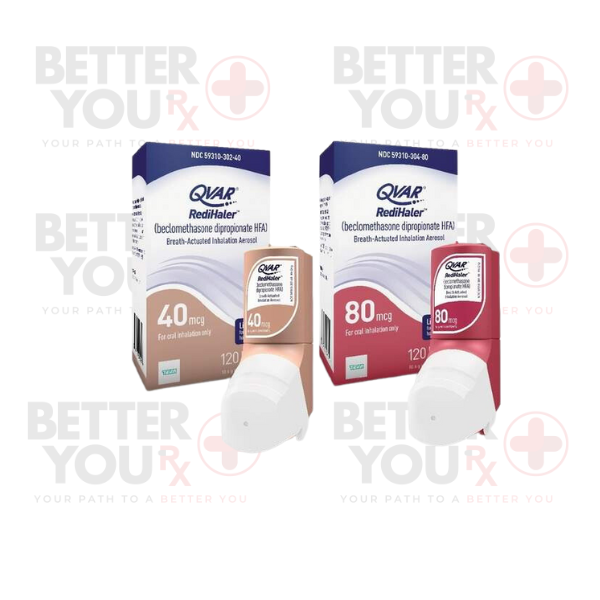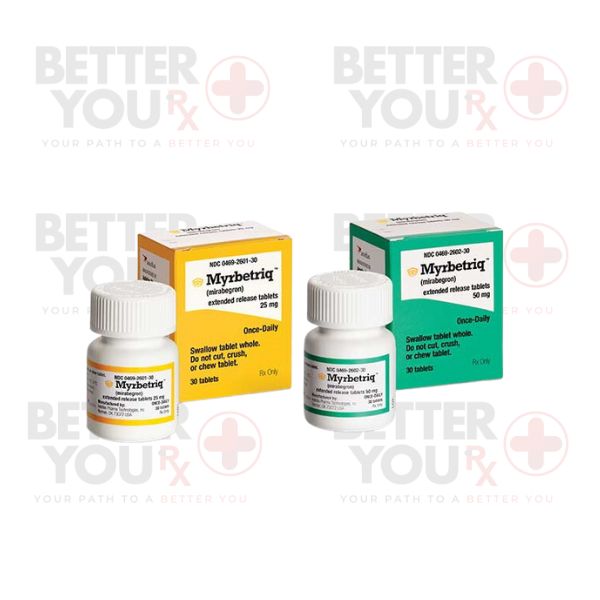Description
Repaglinide is prescribed to manage type 2 diabetes by regulating blood glucose levels. It achieves this by stimulating insulin release from the pancreas. Proper diabetes management, including medication, lifestyle adjustments (e.g., diet, exercise, smoking cessation), and regular blood sugar monitoring, is crucial to prevent complications like heart disease, stroke, kidney issues, nerve damage, and eye problems. Repaglinide therapy can reduce the risk of diabetes-related complications such as kidney failure, nerve damage (resulting in numbness or cold extremities and reduced sexual function), vision changes or loss, and gum disease. While primarily used for diabetes, consult your doctor or pharmacist for potential alternative uses.


